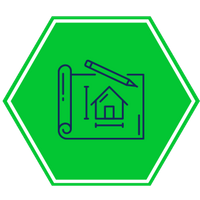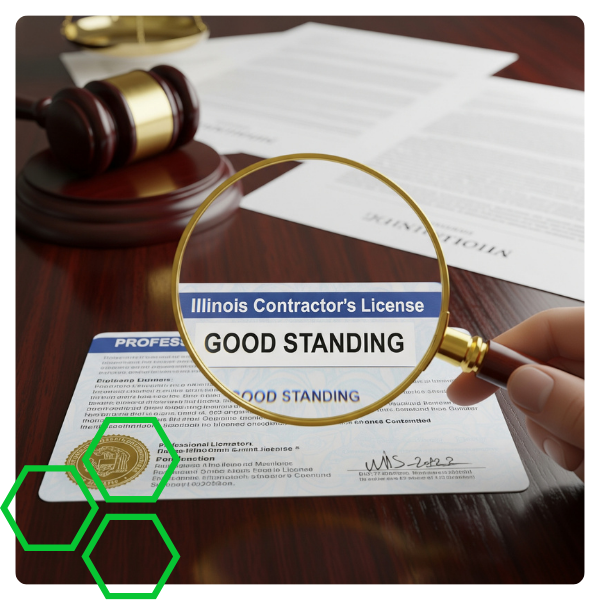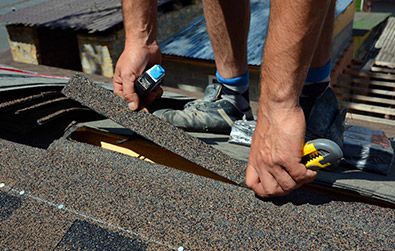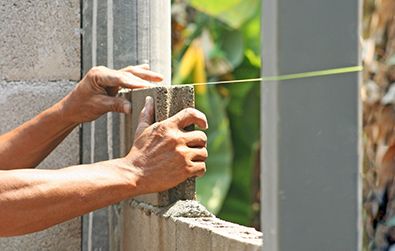The Contractor's Shield: Mastering Mechanics Liens
Understanding the complexities of mechanics liens is not just a legal formality; it is a fundamental component of a successful and secure construction business in Illinois. For general contractors and subcontractors alike, a deep knowledge of lien rights and procedures is essential for ensuring payment and protecting your company’s financial health. Mastering these concepts is a critical step toward professional excellence. Learn how our training at Contractors Network & Training Center can fortify your business practices by enrolling today.

Defining the Illinois Mechanics Lien
A mechanics lien is a powerful legal tool provided under the Illinois Mechanics Lien Act (770 ILCS 60/). It allows a party who has furnished labor, materials, services, or equipment to a construction project to file a legal claim directly against the property. The purpose of the lien is to provide security for payment. If the contractor or supplier who files the lien is not paid for their contribution, they can initiate a lawsuit to foreclose on the lien, which could ultimately force the sale of the property to satisfy the debt. This remedy is available to a wide range of project participants and serves as a crucial protection against non-payment by property owners or general contractors.
Parties Entitled to File a Mechanics Lien
The Illinois Mechanics Lien Act provides powerful protections to a wide array of participants who contribute to a property's improvement, ensuring they have legal recourse for payment. Those who furnish labor, materials, or services for a project are granted these rights. The primary eligible parties include:

General Contractors
with a direct contract with the property owner.

Subcontractors
of any tier providing specialized labor or services.

Material Suppliers
who provide the physical components for the project.

Equipment Lessors
who furnish machinery for the project.

Design Professionals
such as architects, structural engineers, and land surveyors.

Adherence to Key Deadlines and Notice Requirements
Properly securing your lien rights in Illinois requires strict adherence to statutory deadlines and notice procedures, which differ for general contractors and subcontractors. For subcontractors, a critical first step is serving a "90-Day Notice" upon the property owner, their agent, and the lender to inform them of their involvement and the amount owed. All parties must then record their lien claim with the county Recorder of Deeds within four months of their last day of work. Failing to meet these deadlines can render a lien unenforceable. This procedural knowledge is vital and often covered in the business law portion of any comprehensive contractor exam.

The Impact of Liens on Your Contractor License
The management of liens is directly tied to your professional reputation and the standing of your contractor license. Improperly filing a lien or, conversely, failing to prevent liens from being filed against your projects by unpaid subcontractors can lead to costly legal disputes and damage your business's credibility. Constant payment disputes and legal actions can trigger complaints that may be investigated by licensing bodies. Upholding a clean record is paramount for any professional seeking to maintain or renew a builders license, as it demonstrates financial responsibility and sound business management. Prepare for these responsibilities by exploring our contractor exam prep courses.

Best Practices for Lien Management and Prevention
Proactive management is the best strategy to mitigate risks associated with mechanics liens. The most effective tool for this is the lien waiver. As a general contractor, you should always secure a partial lien waiver from subcontractors and suppliers upon making a partial payment, and a final waiver upon full payment. This provides proof that they have been compensated for their work and waive their right to lien for that amount. Maintaining clear contracts, meticulous records of all payments, and fostering open communication with all parties can prevent the disputes that lead to liens, safeguarding your projects and your builders license from potential legal entanglements.
Lien Advisory Services--We Make It Fast, Simple and Inexpensive!
By the way, what is a lien?
A lien helps contractors collect on unpaid invoices, sometimes for very large amounts. The filing of a lien is the very beginning of a legal process, but it often results in the speedy payment of the bill. These outstanding invoices are for services rendered, or materials supplied, on contracted jobs for improvements made to private property.
Who can file a lien?
Any contractor who improves the private property. A few examples include: a general contractor who completes an addition on a house; a subcontractor who provides the cement, flooring, plumbing, electrical or roofing; a landscaper. Keep in mind, these are just a few examples.
How much time do I have to file a lien?
In Illinois, the subcontractor has 90 days to file from the last day of work. The general contractor has 120 days from the last day of work.
Do liens really get contractors paid?
They sure do. For more than a decade, Contractors Network and Training Center has supported hundreds and hundreds of contractors to recover lost income for the fraction of the cost an attorney will charge. Whether it’s $5,000 or $100,000, we've helped handle every possibility!
Do I need an attorney?
At this stage, no. You may wish to seek legal counsel down the road to secure a judgment from a court, but very often filing the lien is sufficient to induce payment from the property owner at the very beginning of an otherwise lengthy process. While we are not legal representatives, we are very effective in what we do and can save you a great deal of money in legal fees!
Contractors Network and Training Center in Chicago does not engage in the practice of law and does not provide advice, explanation, opinion, or recommendations about possible legal rights, remedies, defenses or options. No attorney-client relationship is formed at any time. You are representing yourself in the filing or prosecution of any lien. If it becomes necessary to negotiate a settlement or commence litigation to collect your money, we recommend you speak with an attorney directly.
Questions? Give us a call today at (773) 635-0099!
ROOFING
Need help passing the exam to receive your Illinois roofing license quickly and affordably? Call us as soon as possible to sign up the next Roofing Prep Class. Our next class will be held March 9-March 12, 2026, at Contractors Network and Training Center in Chicago. Call today to reserve your spot!
PUBLIC ADJUSTER
Illinois contractors can take control of repairs, negotiate directly with the insurance company, be paid on time, and add more money to their bottom line by becoming a licensed public adjuster with the help of Contractors Network and Training Center in Chicago. Our next class is April 13-April 15, 2026.
MASONRY
Looking to pass the Chicago masonry and concrete exam? We provide you just that with our preparation courses at Contractors Network and Training Center. Call us ASAP to sign up for the next test. The next class will be held May 26-May 27, 2026, for the June 3rd exam. Call today as spaces are limited!
Contact Our Training Center
Ultimately, a mechanics lien is a powerful instrument for payment security, but its complexities require careful navigation. From understanding who qualifies to meeting every deadline, knowledge of the Illinois Mechanics Lien Act is indispensable for any serious contractor. Protecting your business, managing payments effectively, and upholding the integrity of your license all depend on this expertise. The Contractors Network and Training Center provides the in-depth education you need to master these and other essential business practices. Contact us today to get started!



